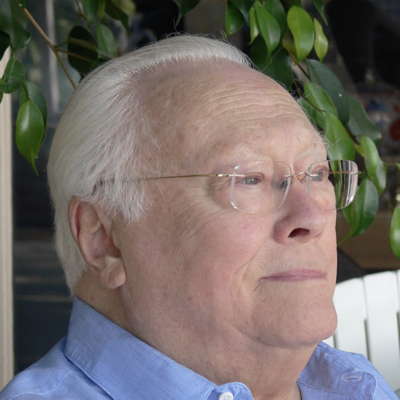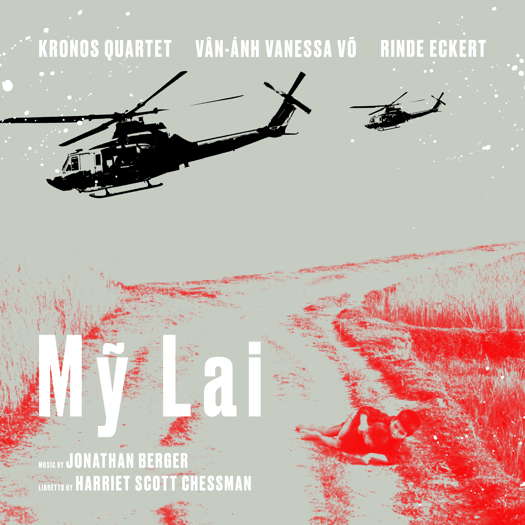 DISCUSSION: John Dante Prevedini leads a discussion about Music and the Visual World, including contributions from Celia Craig, Halida Dinova and Yekaterina Lebedeva.
DISCUSSION: John Dante Prevedini leads a discussion about Music and the Visual World, including contributions from Celia Craig, Halida Dinova and Yekaterina Lebedeva.
 VIDEO PODCAST: Find out about composers from unusual places, including Gerard Schurmann, Giya Kancheli, Nazib Zhiganov and Nodar Gabunia, about singing in cars, and meet Jim Hutton from the RLPO and some of our regular contributors.
VIDEO PODCAST: Find out about composers from unusual places, including Gerard Schurmann, Giya Kancheli, Nazib Zhiganov and Nodar Gabunia, about singing in cars, and meet Jim Hutton from the RLPO and some of our regular contributors.

Mỹ Lai
SFW 40251 (Smithsonian Folkways Recordings, CD)
FIRST RELEASE (20 May 2022)
Tracks: 8
Booklet pages: 80
℗ 2022 Kronos Performing Arts Association, under exclusive license to Smithsonian Folkways Recordings
© 2022 Smithsonian Folkways Recordings
Main country of recording: United States of America
Reviewer: Geoff Pearce
Review of Mỹ Lai published on 22 May 2022
Vân-Ánh Vanessa Võ, t'rưng, đàn bầu, đàn tranh
Rinde Eckert, vocalist
Kronos Quartet:
David Harrington, violin
John Sherba, violin
Hank Dutt, viola
Sunny Yang, cello
Jonathan Berger:
Mỹ Lai (to a libretto by Harriet Scott Chessman)
1 Mỹ Lai Lullaby
2 First Landing: Flight
3 First Landing: Descent
4 First Landing: The Ditch
5 Second Landing: Hovering
6 Second Landing: Bunker
7 Third Landing: Postcard
8 Third Landing: Fishing
Recorded 26–30 March 2018 at Fantasy Studios, Berkeley, California, USA.
Mỹ Lai centers on Warrant Officer Hugh Thompson, the US Army helicopter pilot who intervened in the US Army massacre of over 500 unarmed South Vietnamese civilians – nearly half of them children – in the hamlet of Mỹ Lai on 16 March 1968. Appalled by what he saw, Thompson interceded by reporting the incident, landing his helicopter between the civilians and the troops in an attempt to prevent further bloodshed, and threatened to open fire on soldiers from his own country. Failing to stop the carnage, he flew a wounded child to safety, and his subsequent refusal to remain silent about the massacre forced an inquiry and trial that shocked the nation, yet it left Thompson vilified as a disloyal outcast for much of his life. Today marks the anniversary of the massacre. The recording is dedicated to the memory of Larry Colburn, one of the three soldiers on the helicopter, who attended the world premiere performance of Mỹ Lai in Chicago. 'The musical materials of Mỹ Lai are largely derived from a prayer recited near the conclusion of Yom Kippur, the Jewish Day of Atonement, beseeching pardon before the doors of judgment close', says composer Jonathan Berger. 'The musical reference is used in the scenes where Thompson opens the helicopter door in an attempt to stop the massacre, and in the surreal television game show in which he becomes an unwilling contestant forced to guess what's behind a hidden door.' The monodrama is set in a hospital where Thompson is dying from cancer. Feeling neither heroic nor particularly proud of what he did, he grapples with the memories of his naïve, idealistic attempt to stop the carnage in an effort to seek closure and resolution on one of the darkest moments of the Vietnam War.

